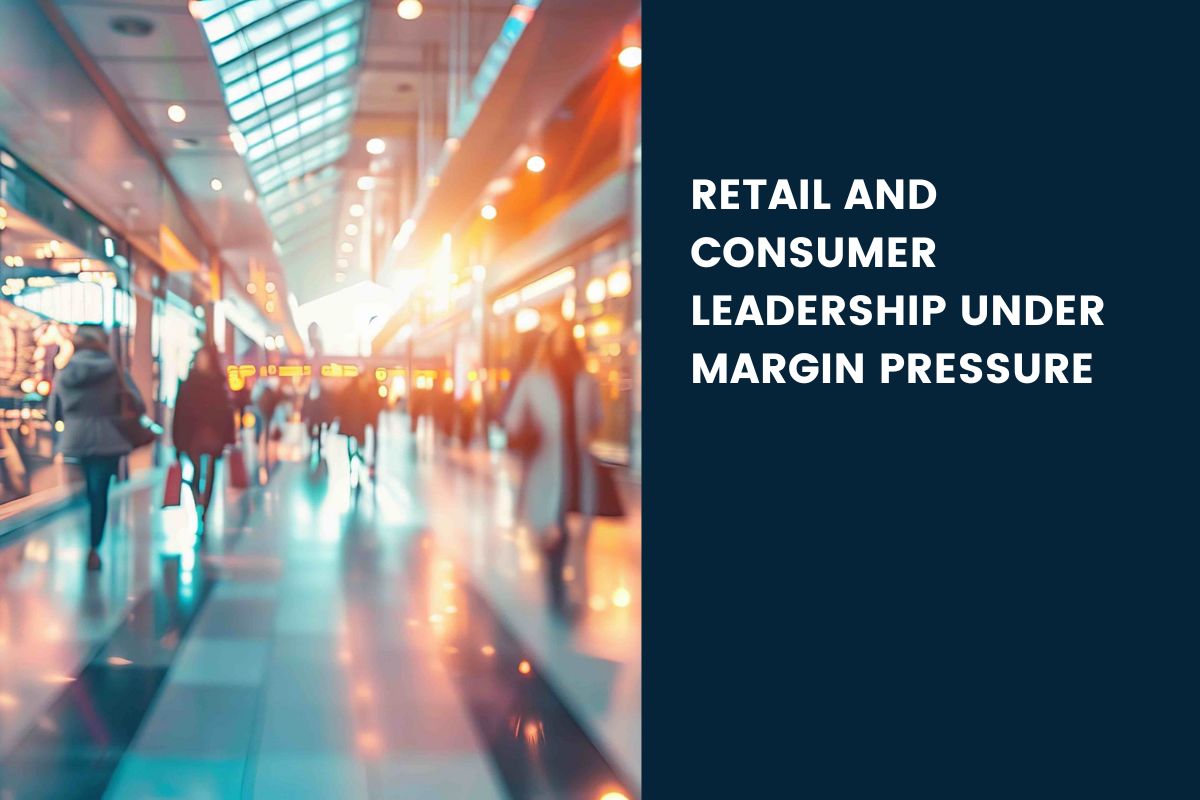Why leadership capability is now a commercial differentiator
Australia’s retail sector contributes more than ten % of national employment and over $350 billion in annual sales (ABS 2025). But structural change — digital acceleration, omnichannel fulfilment, and customer cost sensitivity — is reshaping the leadership brief.
Traditional retail management once prized operational steadiness; today, boards look for leaders who can anticipate shifts in demand, interpret real-time data, and unite teams behind purpose. The ability to lead through ambiguity has become as valuable as margin itself.
In our retail executive search work, we’ve observed a growing emphasis on cross-sector capability: finance leaders who understand digital ecosystems, supply chiefs who think in brand experience, and marketers fluent in operational realities.
The five capabilities defining modern retail leadership
1. Commercial depth paired with agility
Profit discipline remains critical, but so does responsiveness. Leaders must make decisions with incomplete information and keep cash flow, customer sentiment and workforce stability in view simultaneously.
2. End-to-end supply resilience
Global disruption has exposed dependency risks. Boards now seek executives with genuine supply-chain literacy — those who can diversify vendors and protect continuity without eroding service quality.
3. Customer-centric execution
Strong leaders build culture around customer value. They translate insight into frontline behaviour and empower teams to act autonomously within clear guardrails.
4. Digital and data fluency
Retail success depends on interpreting what customers do next. Leaders able to draw commercial meaning from analytics — not just read dashboards — shape faster, more informed decisions.
5. People and culture stewardship
Turnover pressure is real. Effective leaders stabilise workforce engagement by creating inclusive environments that align with purpose and performance.
These are the signals we look for when advising boards or CEOs on retail executive search — capabilities that protect today’s performance while preparing for tomorrow’s reinvention.
Why search precision matters more than ever
When markets tighten, the cost of a mis-hire increases dramatically. Our clients often tell us they can find candidates — but they can’t always find the right one. The difference lies in precision.
At Galvin-Rowley Executive, we start with business context: margin position, transformation agenda, and cultural dynamics. From there, we assess leadership alignment — not just CV achievements. This integrated lens allows us to surface candidates who deliver operational strength and cultural stability.
Our approach also considers continuity. Interim and project appointments can maintain performance during restructuring or transformation phases, preserving commercial rhythm while the permanent search progresses.
Lessons from the field
Recent Australian examples highlight what effective retail leadership looks like in practice. The best performers — from independent networks to national chains — share three habits:
- They anchor decisions in data but communicate with humanity.
- They treat operational execution as brand reputation.
- They recognise that margin protection begins with workforce engagement.
These habits are leadership choices, not industry conditions. They separate retailers who endure from those who evolve.
The enduring value of sector-specific insight
Retail is an ecosystem built on pace and detail. Having navigated hundreds of retail executive search assignments, our consultants bring a long view of how leadership requirements shift through expansion, consolidation and succession. We understand the subtleties of leading in environments where customer experience and cost discipline must coexist every day.
If your organisation is preparing for leadership renewal or evaluating succession options, you can reach out confidentially to Jen Galvin-Rowley at jen@galvinrowley.com.au to explore how our team can help identify the capability mix that delivers sustainable results.

